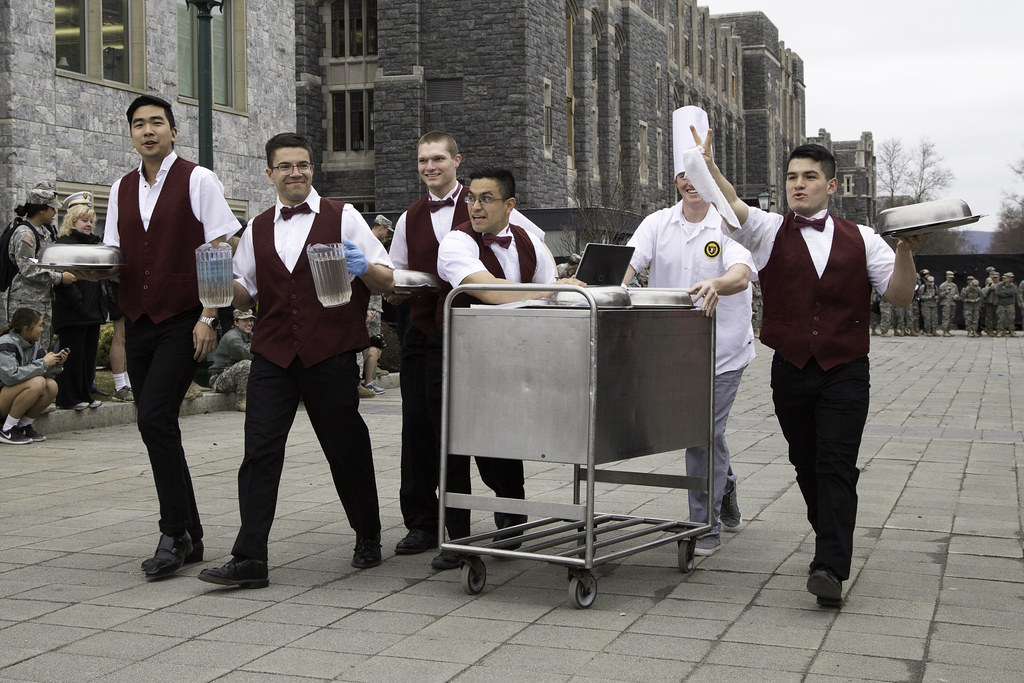With the premise of a dysfunctional family in a small coastal town entangled in criminal dealings under the guise of protecting their legacy, The Waterfront, Netflix’s new original series, tries to blend slow-burn crime drama with bursts of action and emotional intensity. Across eight episodes, however, the show struggles to distinguish itself from a growing list of similarly themed dramas, despite its efforts to offer gritty realism and familial tension.
The concept is compelling on paper — a family in free fall, a crumbling fishing empire and deep-seated secrets resurfacing as external threats close in. But viewers who have seen series like Ozark, Outer Banks, or even more recent entries such as The Perfect Couple or The Better Sister, may find that The Waterfront treads far too familiar ground. It follows many of the same narrative beats — power struggles, betrayals, generational trauma and mounting desperation — which quickly gives the show an air of predictability and, at times, monotony.
That said, The Waterfront is not without its strengths. The performances from the core cast help carry the material and infuse life into an otherwise formulaic script. Holt McCallany brings gravitas and stoicism to his role as Harlan Buckley, the ailing patriarch who’s recovering from two heart attacks and struggling to reclaim his authority. Maria Bello is sharp and fiery as Belle, his pragmatic and increasingly ruthless wife. Jake Weary plays the volatile son Cane with raw intensity, while Topher Grace appears in a supporting role that brings an understated tension to the ensemble.
The real surprise, however, comes from Melissa Benoist, who plays Bree, Harlan’s estranged daughter and a recovering addict. Best known for her years as the confident and heroic Supergirl, Benoist here delivers a completely different performance — vulnerable, damaged, desperate, but quietly determined. Her portrayal of a woman haunted by her past and clawing her way back to self-respect is one of the few emotionally authentic threads in a series that often leans heavily on melodrama.
Set in the fictional town of Havenport, North Carolina, the show attempts to build a moody, atmospheric world where danger lurks behind every weathered dock and family loyalty is both a weapon and a weakness. The Buckleys, once the uncontested rulers of the local fishing and hospitality industries, are now struggling to stay afloat. With Harlan sidelined, Belle and Cane take increasingly reckless steps to preserve their empire — decisions that quickly spiral into chaos. As Bree tries to re-enter the family fold and reclaim custody of her teenage son Diller (Brady Hepner), her own complicated relationships begin to unravel, threatening to bring the entire family down.
Despite being primarily a drama, the show doesn’t shy away from violence. Some scenes are surprisingly gory, with CGI blood effects that are sometimes unconvincing but undeniably graphic. A handful of death scenes are especially gruesome, which adds a layer of shock value and edge to what is otherwise a standard family-crime story. The violence may catch some viewers off guard, but it’s used sparingly enough to remain impactful rather than gratuitous.
Unfortunately, the pacing and storytelling often undercut the tension. The Waterfront has a habit of delaying essential character backstories, leaving viewers to make assumptions until the writers choose to reveal key details — often far too late. For example, Bree is introduced as the black sheep of the family, but the reasons behind her estrangement and her son’s anger towards her are withheld until well into the series. By then, the plot is already knee-deep in external conflict and the emotional groundwork feels rushed and incomplete.
This lack of early character development makes it difficult to form meaningful attachments to most of the players. The show drops viewers straight into the storm without giving them time to understand who these people are beyond their immediate problems. Tension is substituted for depth and many of the arguments, standoffs, and betrayals feel performative rather than earned.
The marketing for the show emphasises that it is “inspired by true events”, though this seems more like a promotional tactic than a meaningful creative anchor. Whatever its real-world influences may be, the show’s plot developments are often too convenient and contrived to feel grounded in actual experience. There are twists but most are predictable or signposted early and few are likely to genuinely surprise seasoned viewers of the genre.
The writing often favours big, explosive moments — screaming matches, sudden reversals and drawn-out confrontations — but these high-octane scenes rarely lead to real narrative payoff. The characters argue, clash and make reckless decisions, but rarely grow or evolve in meaningful ways. It creates a sense of circular storytelling, where a lot happens but little progresses.
In terms of production, The Waterfront is competently made. The cinematography captures the moody coastal environment effectively and the sound design underscores the darker tones of the narrative. There’s an effort to build a sense of place and atmosphere, even if the writing doesn’t always rise to meet it. The direction is serviceable, but when performances fall flat, it’s more often due to the way scenes are framed and executed rather than the skill of the actors themselves.
In the end, The Waterfront is a watchable but unremarkable entry in the crime drama genre. It offers enough intrigue, intensity and solid performances to be worth a binge, especially for fans of this type of family-centred thriller. But it’s held back by derivative storytelling, shallow character work and a tendency to mistake volume for substance.
The Waterfront
Starring Holt McCallany, Melissa Benoist, Maria Bello
Created by Kevin Williamson
Now streaming on Netflix
Provided by SyndiGate Media Inc. (
Syndigate.info
).







